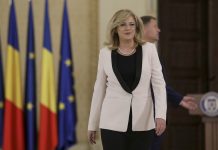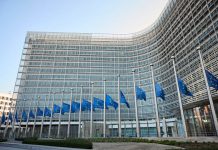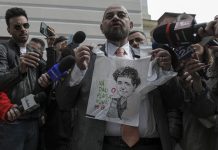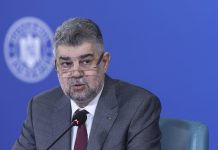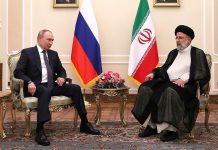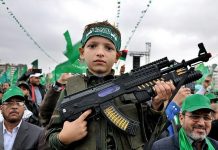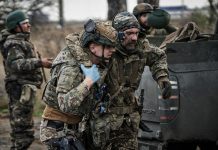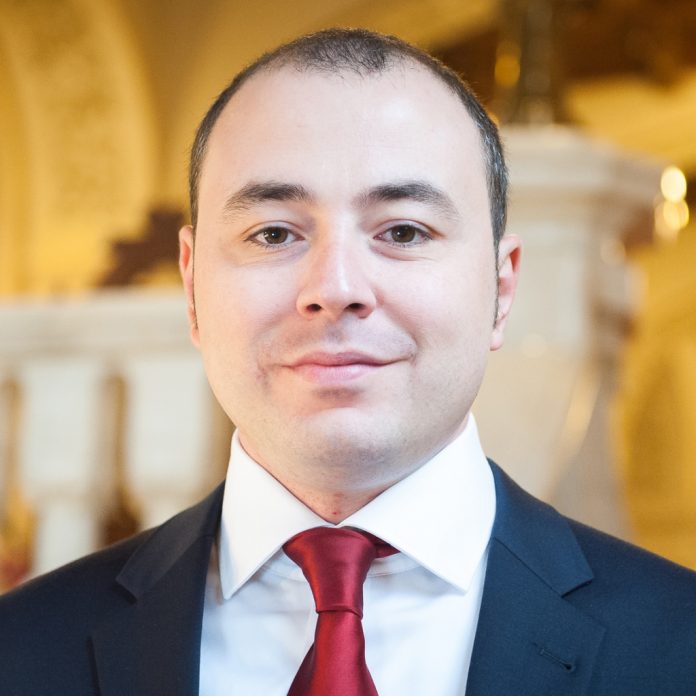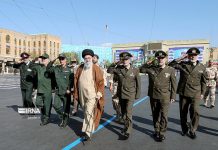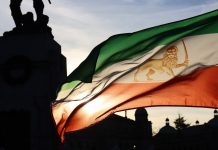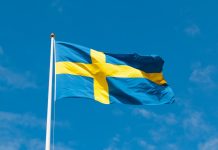Andrei Muraru, a presidential adviser and one of Romania’s most important contemporary historians who revealed Romania’s role in the Holocaust and undertook efforts to make communist officials accountable for crimes they committed 50 years earlier, has been proposed as Romania’s ambassador to Washington.
The nomination of Mr Muraru to what is considered the most important diplomatic post abroad is a sign that President Klaus Iohannis wants not only an ally in Washington, but fresh blood and a new generational approach to Romania’s foreign policy.
The pro-Western president recalled dozens of ambassadors in the past six months, mainly because their terms had expired. There was also speculation that he wanted to reform the diplomatic service and free it from political interests of the past government.
The post was held by George Maior, the former head of the Romanian Intelligence Service, from 2015 until he was recalled last week. Mr Muraru will need to be approved by a parliamentary committee before he can take up the new role.
Mr. Muraru, who was only 7 when communism ended, is from a young generation that was free of the entanglements of the communist era, which is likely one reason for the pick, confirmed to universul.net on Friday.
Former Romanian ambassador to the U.S., Mircea Geoana, who is now NATO deputy secretary general, said the proposal came „at a very favorable moment” but the nomination also attracted criticism.
Marius Oprea, who was director of the Institute for the Investigation of Crimes against Communism before Mr. Muraru suggested he was too young for the post and lacked the necessary diplomatic experience.
Vladimir Tismaneanu, a Romanian-born professor at the U.S. University of Maryland, who in 2006 headed a presidential committee tasked with reviewing Romania’s Communist dictatorship, was also critical, expressing personal animosity.
The 38-year-old Muraru has been at the forefront of efforts to shed light on the communist era, and Romania’s culpability during the Holocaust, still a delicate issue in some quarters of Romania.
Mr Muraru, currently an adviser to the president on relations with Romania’s civil society, is a rare voice who promoted discussion about the horrors Jews and Roma were subjected to under Romanian leader Marshal Ion Antonescu.
An international commission headed by the late Nobel laureate Elie Wiesel concluded in 2004 that between 280,000 and 380,000 Romanian and Ukrainian Jews were killed in Romania and areas it controlled during the war, as an ally of Nazi Germany.
The quietly spoken historian from the northeast city of Iasi was appointed head of the Institute for Investigating the Crimes of Communism when he was only 30. He broke new ground by exposing the brutality of communist-era prison commanders, Alexandru Visinescu and Ion Ficior against political prisoners in the 1950s and 60s.
Both were eventually prosecuted and convicted of crimes against humanity, the first prison guards to serve prison sentences in the East European country.
Mr Muraru is considered an authoritative figure for his dispassionate insights into the bloody 1989 revolution, which justice officials have shied away from properly investigating.
In 2019, he told universul.net that “Snipers and Mystifiers,” a book on the role of the Securitate secret police unveiled “what the Romanian justice system hasn’t wanted to see for 30 years, the guilt of the Securitate for the greater part of the crimes of the Revolution.”
“For prosecutors, and (the) Securitate, there wasn’t a revolution. This book shows not only do we find the main perpetrators for the repression, but we also have the complicity of the justice system who rubbed out the traces of crimes and wrongdoings.”
He went even further. “Securitate investigators became prosecutors investigating the crimes of the Revolution. It’s like people from (Nazi) Heinrich Himmler’s SS were tasked with probing the Nazi crimes for the Nurenberg trials.”
It was not just what he said publicly that was unusual in a country where the truth is often sugar-coated or buried, but that a presidential adviser would go on the record with such critical, if justified, remarks.
More than 1,100 people were shot dead during the Europe’s bloodiest anti-Communist uprising and 3,000 were injured or arbitrarily detained.
The Securitate was a repressive apparatus under the control of former Communist leader Nicolae Ceausescu. It had an estimated 400,000 officers and collaborators who kept tabs on Romanians in all walks of life.
Mr Muraru studied at the University of Iasi and also at the United States Holocaust Memorial Museum from 2010-2011. He also obtained a post-doctoral grant at Yad Vashem – The International Institute for Holocaust Research the same year. He was decorated by the late King Michael for loyalty his documentary work on the monarchy which was disbanded when the communists took over after World War II.
He is the twin brother of Alexandru Muraru, a Liberal Party lawmaker, who was last month appointed the prime minister’s special envoy in charge of fighting anti-Semitism and preserving the memory of Holocaust and communism.



